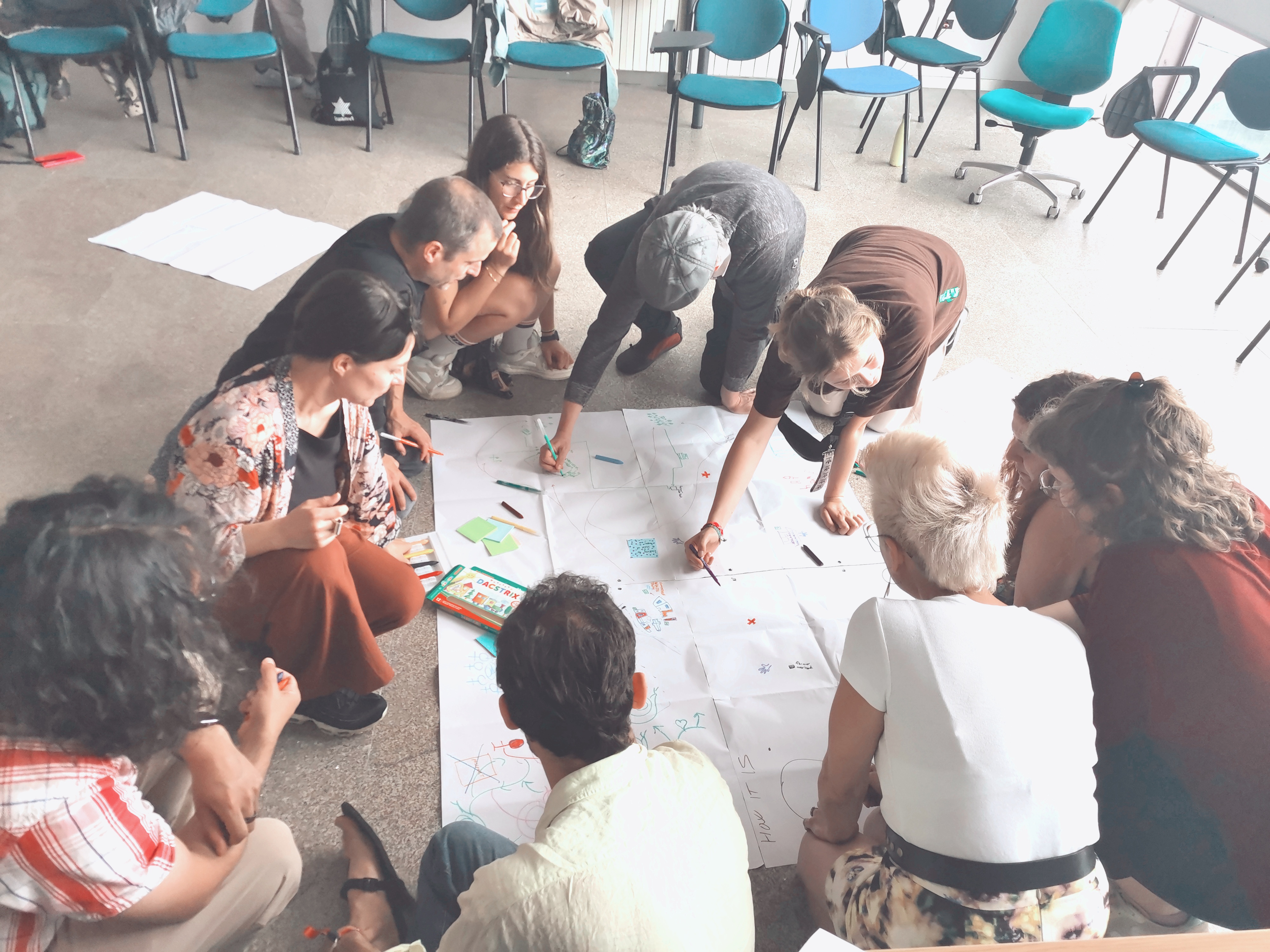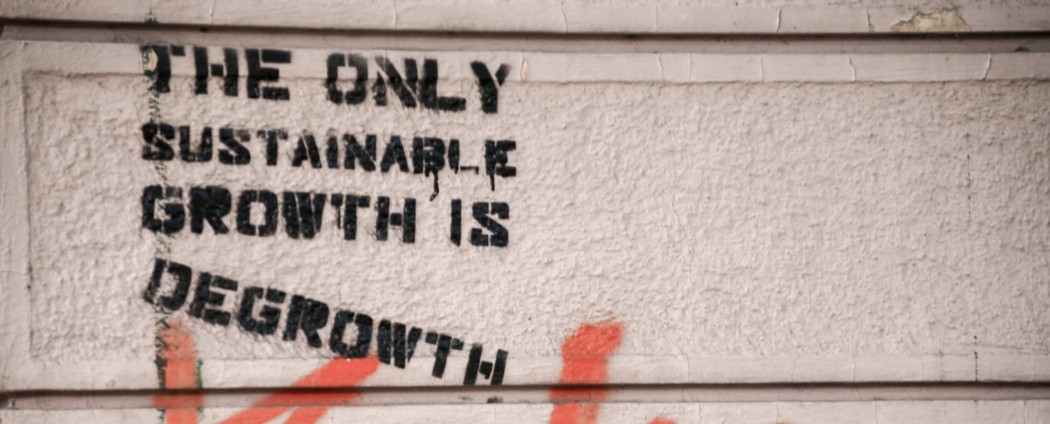What does degrowth mean in the Latin American context? In 2020, a series of six self-organized encounters attempted to dive into this question. Each meeting reflected the metaphor of the agricultural process: from sowing to harvesting. Among the conclusions was a unanimous desire to put into practice ‘other ways of inhabiting the world’, valuing the knowledge of the original peoples and inhabitants of the continent.
The Degrowth Forum emerged as a calling for people all over Latin America to exchange ideas, knowledges, and experiences, through the concept of degrowth. The Forum considered the need to rethink and transform our forms of co-habitation in our world in crisis, and to move towards the societies that we want. This has become even clearer in light of the social-ecological impacts associated with the Covid-19 pandemic, a situation that economic and political elites have approached with an extremely economistic perspective.
Facing the threat of an “economic reactivation” that reproduces and deepens the ideology of infinite economic growth and its impacts, it becomes necessary to make visible, share, and co-create alternatives to our current model of civilization.
Precedents for this Forum were the first North-South Degrowth Conference that took place in Mexico City in September 2018, and the open letter “New Roots For The Economy” written and shared by a large number of degrowth activists, and also signed by the Centro de Análisis Socioambiental (CASA).
After the first meeting, which included a brief presentation by the Ecuadorian economist Alberto Acosta, we agreed to co-design an appropriate methodology for the discussion of our Forum. Based on the different phases of agriculture, we decided to carry out a cycle of six self-organized meetings between July and December 2020. We started with the preparation of the soil (July 4) and closed with the harvest (December 5), passing through the phases of sowing, plant growth, flowering, and fruit growth.
In each of these meetings, we created spaces for conversation and participation in plenary and small groups, encouraging listening and dialogue. Starting from the sharing of the conversations and the opinions expressed, we co-constructed concept maps collecting our principles, knowledge, initiatives, and perspectives. Deepening the principles of the international open letter from our experience as Latin Americans, the following appeared as fundamental: diversity, sovereignty, autonomy, reciprocity, sufficiency, simplicity, democracy, the exchange of knowledge, and respect for ecosystem limits.
In these six months, about 20 people participated in the process, mainly from social organizations, non-governmental organizations, universities, and training centers with a presence mainly in Mexico, Chile, Argentina and Brazil. In a context of respect, trust, and mutual appreciation, the participants shared their reflections, concerns, and proposals related to civilizational collapse, as well as their knowledge and experiences in different territories and collectives. This sharing generated connections and resonance that nurtured the inspiration and experiences of all of us who passed through this forum space, expanding our horizons and perspectives of ‘what is possible.’
One of the culminating moments of the Forum was the “Dialogue of Knowledge(s)” (Diálogo de Saberes) held in November. This dialogue was born from the need of each one of us to learn, listen, and discuss some of the issues that are on our minds in these times. Following another ancestral metaphor —the weaving— in a series of rounds of conversation we shared our “knowledge” (understood as what we can teach and put at the service of others), including in each new round what we had learned from our teammates from the previous round. In this way, we braided learning from different areas: feminism, economy, biodiversity, food, education, etc. The experience of “threading” knowledge was valued as enriching and moving by the participants. Adding to the “degrowth spirit,” this experience allowed us to remember that many of the options to transform our civilization are already found in our experiences and territories, embodied by actors from all sectors, both professional and traditional, as situated and pertinent knowledge.
As a result of this process, nine consensus points were reached. We called them “learnings”. Below is a summary of the final document which was collectively created during the last session:
The Latin American Degrowth Forum meets again in March 2021 to decide, always together, what kind of conversations and collaborations we want to continue articulating.
Everybody is welcome to join!
*This piece was originally published on 5 March 2021.

Building on previous strategy debates on degrowth.info, Charles Stevenson argues for degrowthers moving beyond Erik Olin Wright's typology

This article summarises a proposal for reworking degrowth conferences that was developed in a workshop held by the Transformative Learning Circle (TLC) of the International Degrowth Network (IDN) at the 2024 International ESEE-Degrowth Conference in Pontevedra

The degrowth movement should shift trajectories, dramatically, as soon as possible. In what direction? Political science research, and direct organizing. I’m an undergraduate political science student in the US. In the last year, I’ve consumed a huge chunk of literature on degrowth. I have deep respect and admiration for the work done by the folks at Research and Degrowth (R&D), the Barc...